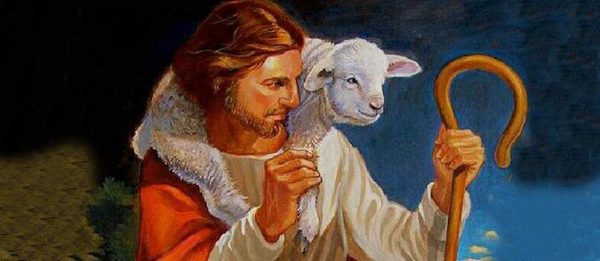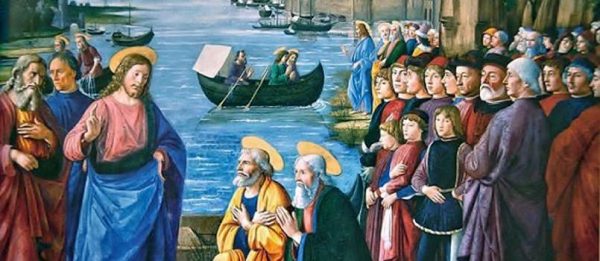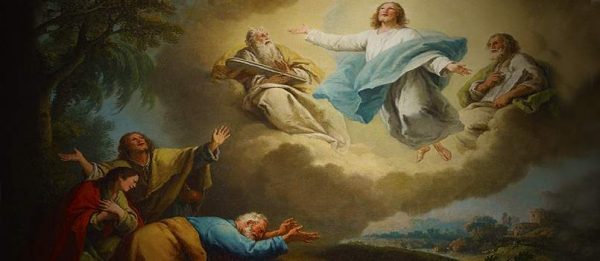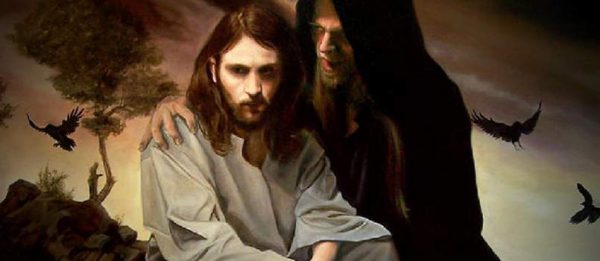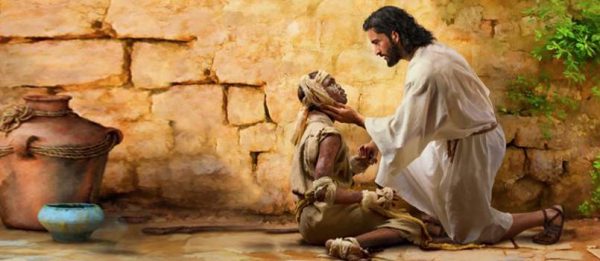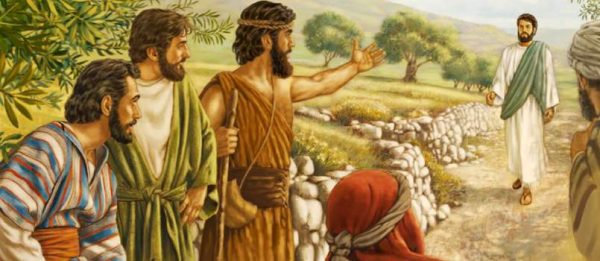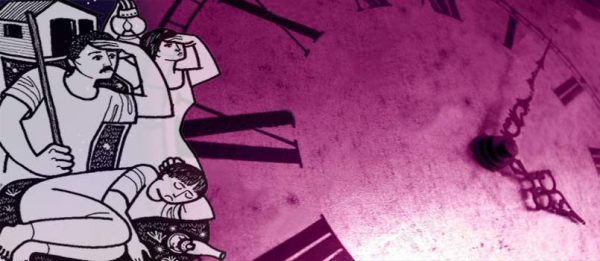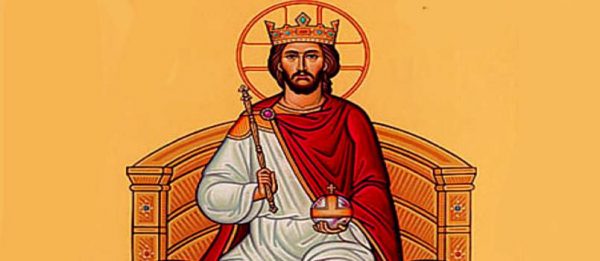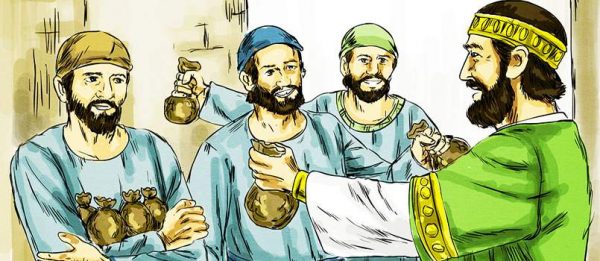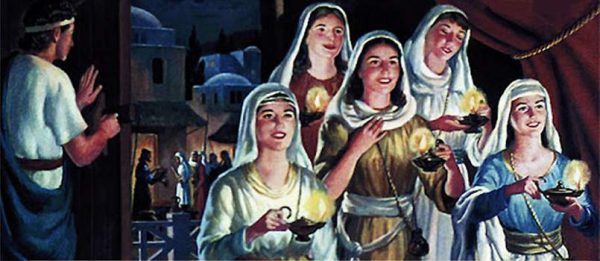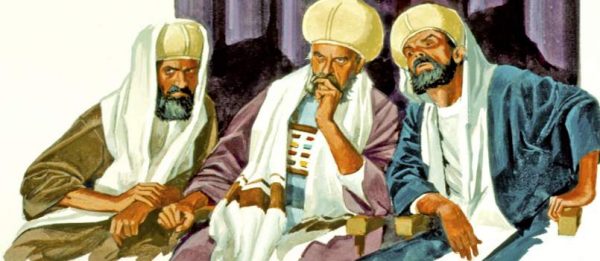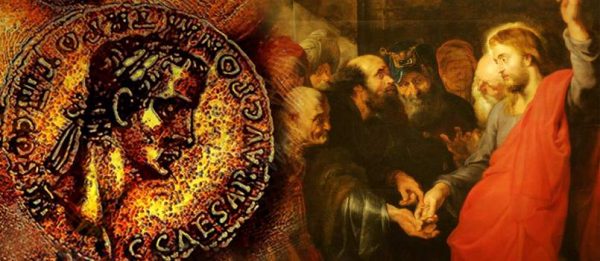691 total views
The Lord Is My Chef Simbang Gabi Recipe-9, 24 December 2016
2 Samuel 7:1-5, 8-12, 14-16//Luke 1:67-79
Finally! Everybody must be exclaiming in joy that finally, it is almost Christmas Day. We Filipinos can truly take pride in having this unique tradition of Misa de Gallo and Simbang Gabi that we got from the Spaniards via Mexico 300 years ago. Fact is, we are now re-exporting it back to Europe and spreading it all over the world through our OFW’s, the new missionaries of the Church. A few years ago, Papal preacher Fr. Rainerio Cantalamessa said in his Advent recollection that we have to bring back this sense of the sacred like religious traditions in our new evangelization and re-evangelization efforts as most people today rely more on science and technology than with God. When we remove God Who is our ultimate sense of the sacred and holy, then we destroy man himself because we can only find fulfillment in God, our Origin and End. It is ironic as Pope Benedict XVI noted in some of his writings, that life has become more meaningless for people who have insisted on discarding God and religion to accept only what is scientifically verifiable. For his part, Pope Francis said in his second encyclical that “The great danger in today’s world, pervaded as it is by consumerism, is the desolation and anguish born of a complacent yet covetous heart, the feverish pursuit of frivolous pleasures, and a blunted conscience. Whenever our interior life becomes caught up in its own interests and concerns, there is no longer room for others, no place for the poor. God’s voice is no longer heard, the quiet joy of his love is no longer felt, and the desire to do good fades.” (Evangelii Gaudium,1)
The Christmas season is the most opportune time to cultivate and renew among us this sense of the sacred as we find in the many religious symbolisms found in our liturgies, traditions and practices most especially in the Christmas stories of the scriptures. Today we heard Zechariah singing his “Benedictus” or praise of God after regaining his sense of speech after naming his son “John.” In singing the Benedictus, Zechariah affirmed and confirmed in himself the reality and truth of God being present in our lives amid after as a priest then inside the “Holy of Holies” of the Temple to incense God’s sanctuary, he doubted the Angel’s message. Too often we are like Zechariah that even if we pray, celebrate the Masses, do all the devotions but deep inside, we doubt God’s reality that we simply do all this sacred rites and traditions just for the sake of doing them. Last week at the start of our Misa de Gallo, I invited you to reassess and examine the reason why we are keeping this sacred tradition. Is it because of special favors we are asking from God or is it because we want to see God?
According to the late American Trappist monk Thomas Merton, seeking God is not like searching for a “thing” or a lost object because God is more than an intellectual pursuit or a contemplative illumination of the mind. Merton explained that God reveals Himself to us in our hearts through our communion and fellowships in the Church. In singing the Benedictus, Zechariah realized God’s presence and His coming communion throughout Israel’s history, from the Patriarchs down to the birth of his son John who would prepare the way of Jesus Christ. The Benedictus describes to us the coming of the Christ as expected by the people of Israel in the Old Testament and that is why, unlike Mary’s Magnificat, it is in the future tense. While Zechariah mentions the mission of his son John, the main focus of the Benedictus is Jesus Christ. Therefore, when we who believe in Jesus as the Christ or Messiah expected by the people of Israel in the Old Testament, the Benedictus becomes an affirmation of God’s presence in us and among us today and forever: “In the tender compassion of our God the dawn from on high shall break upon us, to shine on those who dwell in darkness and the shadow of death, and to guide our feet into the way of peace.” (Lk.1:78-79) This is the reason why we priests pray the Benedictus in the morning (lauds) to affirm that God indeed is with us this new day, fulfilling His promises and inviting us to live out His presence among us. On the other hand, we pray Mary’s Magnificat in the evening (vespers) to thank God in making use of us as His instruments of charity and justice. St. Luke had beautifully inserted these two canticles, Benedictus and Magnificat, in his infancy narratives of the birth of Jesus Christ to show us our roots as a community and a communion with God in a triptych we discussed Monday with Jesus at the central frame being the present, with the Old Testament as the first frame from the past and the Church as the future. Yesterday we reflected with John’s birth how we are like him as priests pointing to Jesus Christ our Eternal High Priest. Today the Benedictus affirms that role we share with Christ through baptism.
Three weeks ago I finally gave in to persistent convincing by colleagues in Radio Veritas to let go of my old Nokia phone to replace it with an iPhone. After all, it was absolutely free as a reward for being a loyal subscriber of Smart for more than ten years. I am still learning how to use it and yes, I do love it for the many features and convenience iPhone offers. But of the apps I am not interested with are the Breviary (prayer book) and Missal. Call me conservative but I still prefer using, holding in my hands, touching and reading and, kissing, the sacred books of our liturgy. Yes, God is everywhere even in modern means of communication but we are reminded today by the Benedictus of that important aspect of our being a Church on this Year of the Parish that we always look back to our past, to our roots where everything started. It is not being old but valuing what is ancient. When we say “old”, there is that negative implication of being aged and worn out or of no use anymore. “Ancient” means that it may be aged but still very useful and relevant like those antiques highly prized these days not only for their age but for their durability. In fact there is now a trend among biblical scholars to refer to the Old Testament as “Ancient Testament.” That is also the reason why we don’t refer to our elders as old but as senior citizens. Now, here is my point why I have no plans of upgrading myself to those liturgical apps found in smartphones and tablets: there are things in this world and in this life that are best kept in its ancient forms for us to fully appreciate the joys of the present, whether it is an old vinyl LP record, or a black and white photo, including our sense of sacred. Basta! God did not allow King David to build a temple for Him because the more we have God in our hearts, the more we remember His fidelity to us in the past, the more we are assured of His presence into the future: “Your house and your Kingdom shall endure forever before me; your throne shall stand firm forever.” (2Sam.7:16) Stay dry and have a blessed Christmas!
Fr. Nicanor F. Lalog II
Parokya ni San Juan Apostol at Ebanghelista
Gov. Halili Ave., Bagbaguin, Sta. Maria, Bulacan












